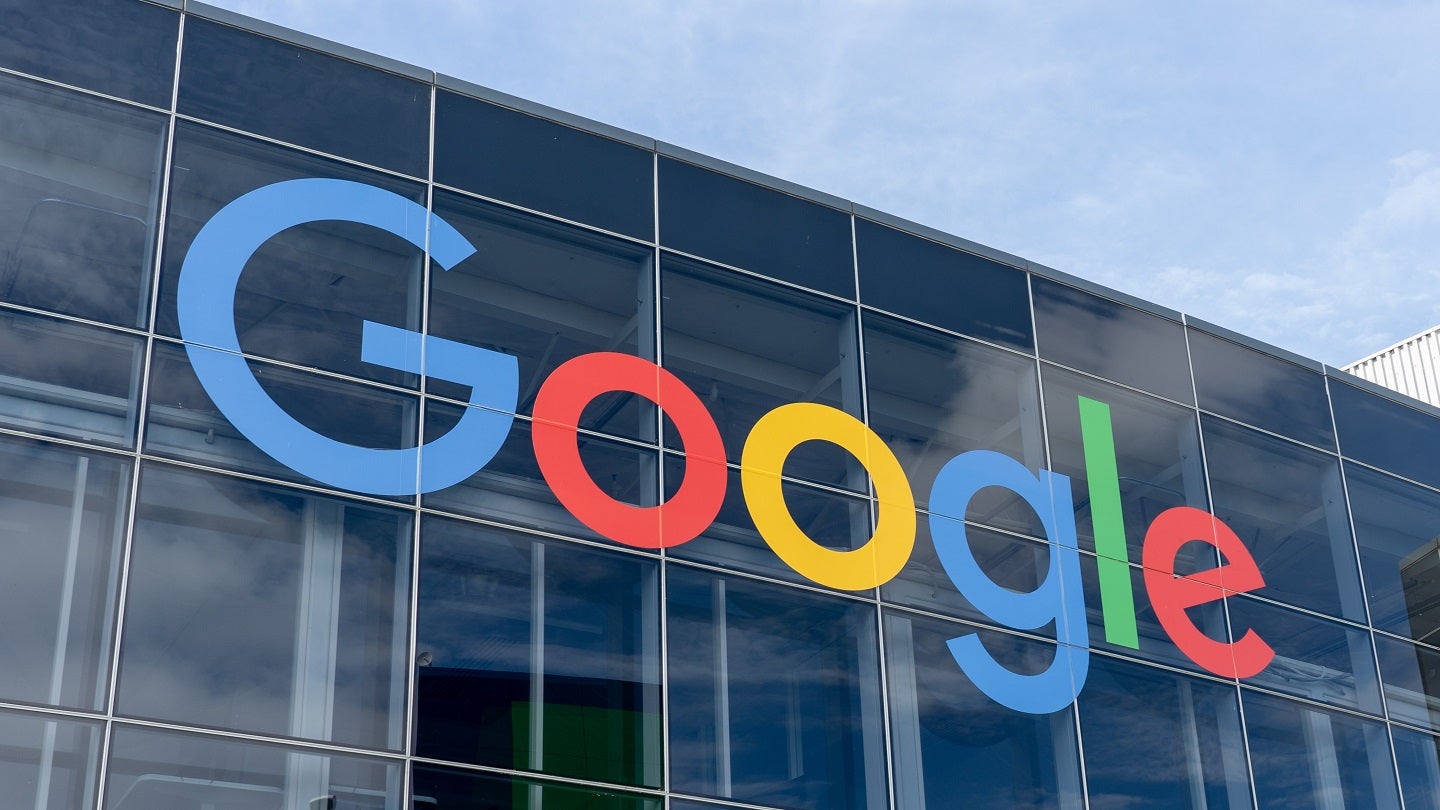
The US Justice Department is considering an antitrust action against Google, which could potentially break up the technology giant as a possible remedy, reports Bloomberg.
The news comes following a court’s decision that Google has monopolised the online search and advertising markets.
The potential breakup would mark the first significant attempt to dismantle a company after the unsuccessful bid against Microsoft in the late 1990s for illegal monopolisation.
According to sources, the Justice Department’s considerations also include less severe measures, such as mandating Google to share more data with competitors, to a full divestiture of key business units such as Android and Chrome.
The government’s strategy is likely to include a prohibition on exclusive contracts that have been central to Google’s dominance, they added.
Breakup discussions have gained momentum since Judge Amit Mehta’s 5 August ruling, which found Google’s practices illegal.
How well do you really know your competitors?
Access the most comprehensive Company Profiles on the market, powered by GlobalData. Save hours of research. Gain competitive edge.

Thank you!
Your download email will arrive shortly
Not ready to buy yet? Download a free sample
We are confident about the unique quality of our Company Profiles. However, we want you to make the most beneficial decision for your business, so we offer a free sample that you can download by submitting the below form
By GlobalDataThe Justice Department’s deliberations have been informed by consultations with companies impacted by Google’s market position, expressing concerns over its search dominance and the implications for artificial intelligence technology development, the sources said.
The most discussed remedy by Justice Department attorneys involves divesting the Android operating system, which powers approximately 2.5 billion devices globally.
Judge Mehta highlighted that Google’s agreements with device manufacturers hinder competition by mandating the pre-installation of Google’s search widget and Chrome browser in an unremovable manner.
Google’s financial influence is significant, with payments up to $26bn to secure its search engine as the default across various devices and browsers, including $20bn to Apple.
The company’s search ads, primarily sold through Google Ads (formerly AdWords), are a major revenue source, exceeding $100bn in 2020.
If the Justice Department does not pursue the sale of AdWords, it may seek interoperability requirements to facilitate its functionality across different search engines.
Another possibility is compelling the company to divest or license its data to competitors such as Microsoft’s Bing or DuckDuckGo, addressing the disparities in user data acquisition.
The European Union’s new digital gatekeeper regulations, which mandate Google to share some data with third-party search engines, reflect a similar approach.
However, Google has raised user privacy concerns regarding data sharing, limiting it to searches that meet specific criteria.
A Google spokesperson and a Justice Department representative both chose not to comment on the news, said Bloomberg.
Historically, antitrust remedies have included granting rivals access to technology, as seen in the Justice Department’s 1956 case against AT&T, and also the Microsoft settlement, which mandated the sharing of application programming interfaces.







